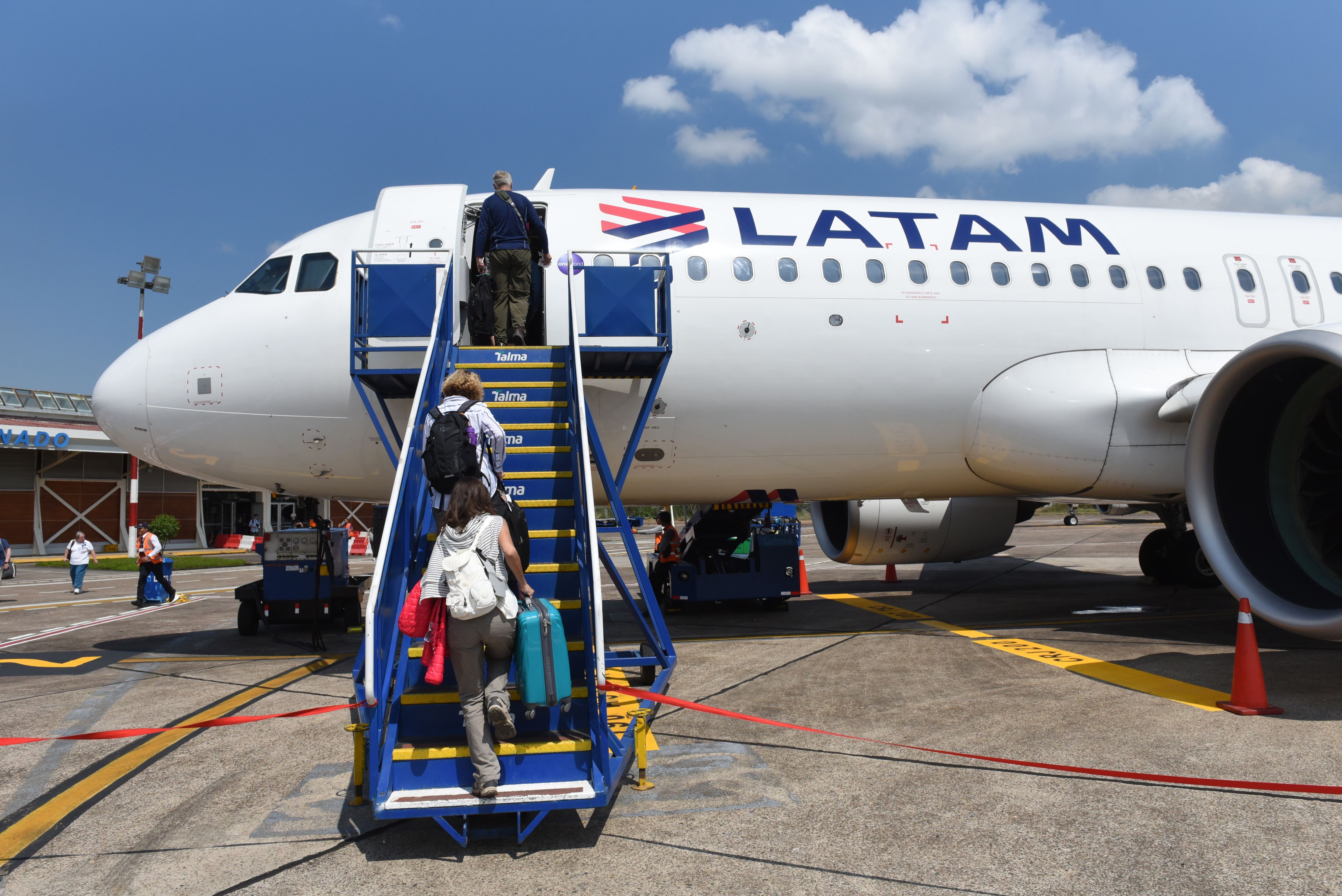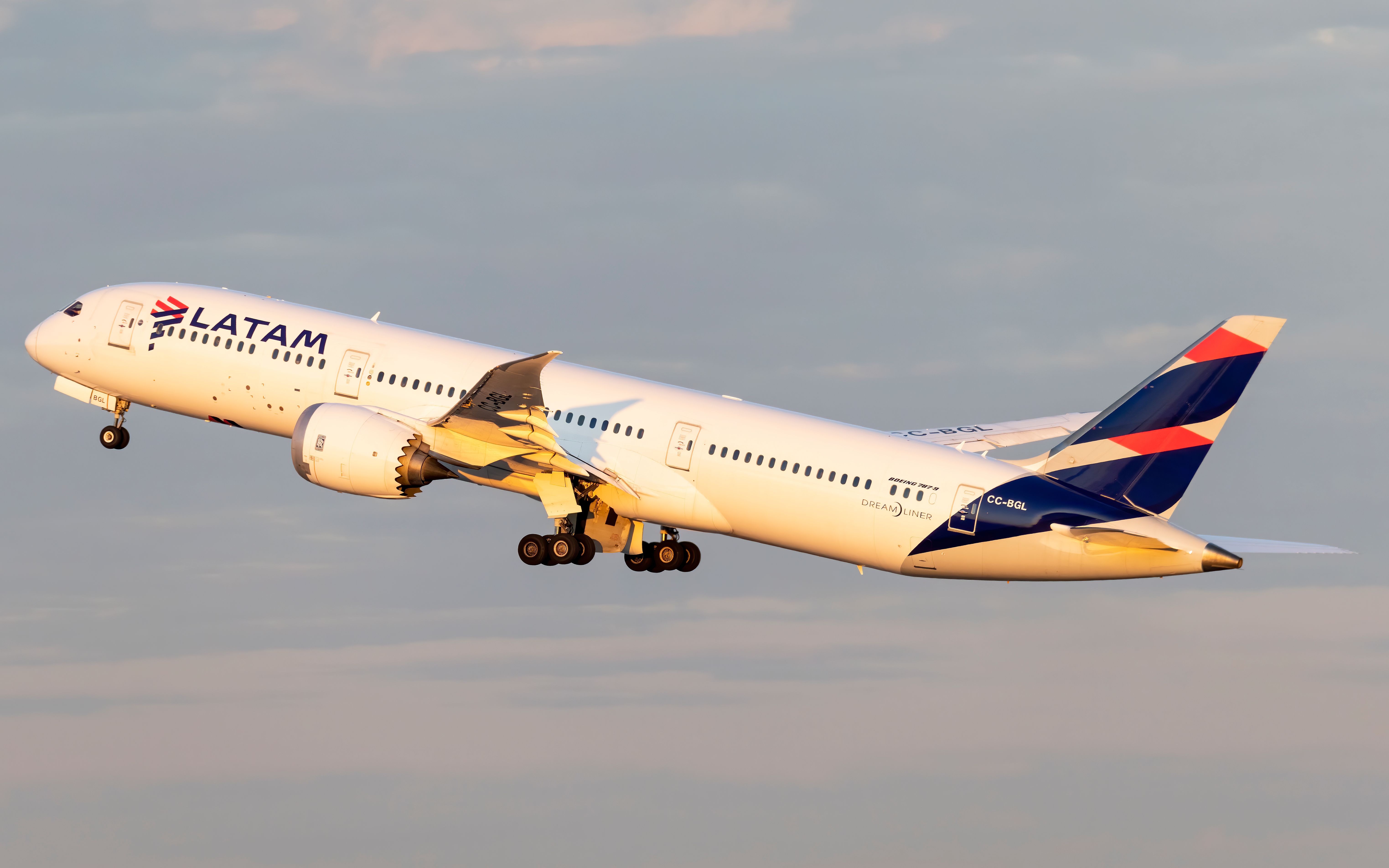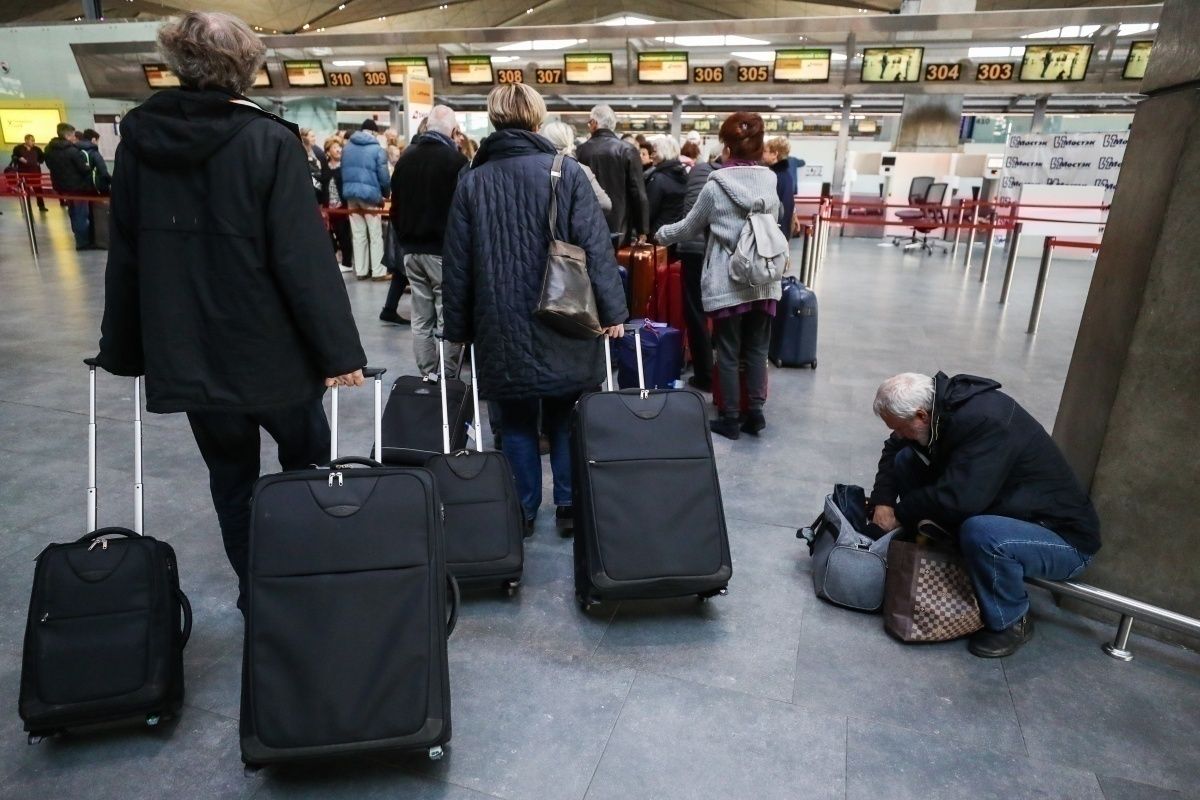Brazil's Minas Gerais Consumer Protection Agency (ProconMG) fined the LATAM Airlines Group after the airline was caught illegally charging for early booking of non-differentiated seats. The carrier now has to pay 10.8 million reais (around US$2.2 million). Let’s investigate further.
A hefty fine
Yesterday, Procon-MG, the consumer protection agency in Minas Gerais, a Brazilian state, released a statement announcing a hefty fine against LATAM Brazil. The decision to fine LATAM was taken after the airline was notified and had a hearing in which it showed no interest in signing an agreement adjusting its conduct.
According to Procon-MG, when a consumer purchases an airline ticket, he has the right to be transported. Therefore, the act of choosing a seat can’t be considered an additional service “since it is an obvious consequence of the purchase of the ticket by the consumer.”
LATAM argued that it is perfectly legal to charge seat allocation. Many airlines do this and create ancillary revenues while also benefiting from the system of freedom of tariffs in the civil aviation market. Choosing a specific seat is an additional service to the contract acquired when buying a ticket.
Nonetheless, according to Procon-MG, in this case, the seat had no specific characteristics, such as onboard services, more physical space between seats, or convenience; therefore, it wasn’t a differentiated seat.
Is Brazil making laws against some ancillary products?
The Brazilian National Congress is currently looking to approve a provisional measure simply called Voos Simples (Simple Flights).
This initiative “aims to modernize the airline industry regulation, update outdated rules in the regulations that govern Brazilian aviation, simplify and improve the provision of airline services, foster development, and increase efficiency.”
Among the updates, the Brazilian government included one that would provide the right for every passenger to carry luggage onboard domestic and international flights. The maximum weight for a piece of luggage on domestic flights will be 23 kilograms and 30 kilograms for international services.
This would be a setback from the 2017 rule that allowed airlines in Brazil to charge additionally to provide luggage services. The companies claimed, at the time, that this would enable fares to drop, but this did not happen, said the Brazilian Senate. Instead, fares rose 8% in 2019 and 20% in 2021.
The Voos Simples initiative is currently under discussion, and it is not yet approved.
The Brazilian airline industry is not happy with this latest development. Last month, the International Air Transport Association (IATA) issued a statement greatly concerned with the Brazilian government's decision to approve this provisional measure.
“This decision represents a setback in the regulatory evolution of the sector in the country and will directly impact passengers,” said IATA.
The airline association added airlines would be prevented from offering differentiated products to their customers, who would no longer be able to pay only for the services they need.
The Brazilian Airline Association (ABEAR, which has members such as LATAM, GOL, and Boeing) said in a statement,
“The return of the mandatory baggage allowance is a mistake, a step backward that misaligns the country with the best international practices to reduce costs. It is worth remembering that there is no such thing as free baggage because all passengers will have to pay this bill. This is how it used to work: the cost of checking luggage was diluted in all tickets.”
What do you think about these ancillary products? Do you think airlines should include the seat and luggage in the ticket? Let us know in the comments.



